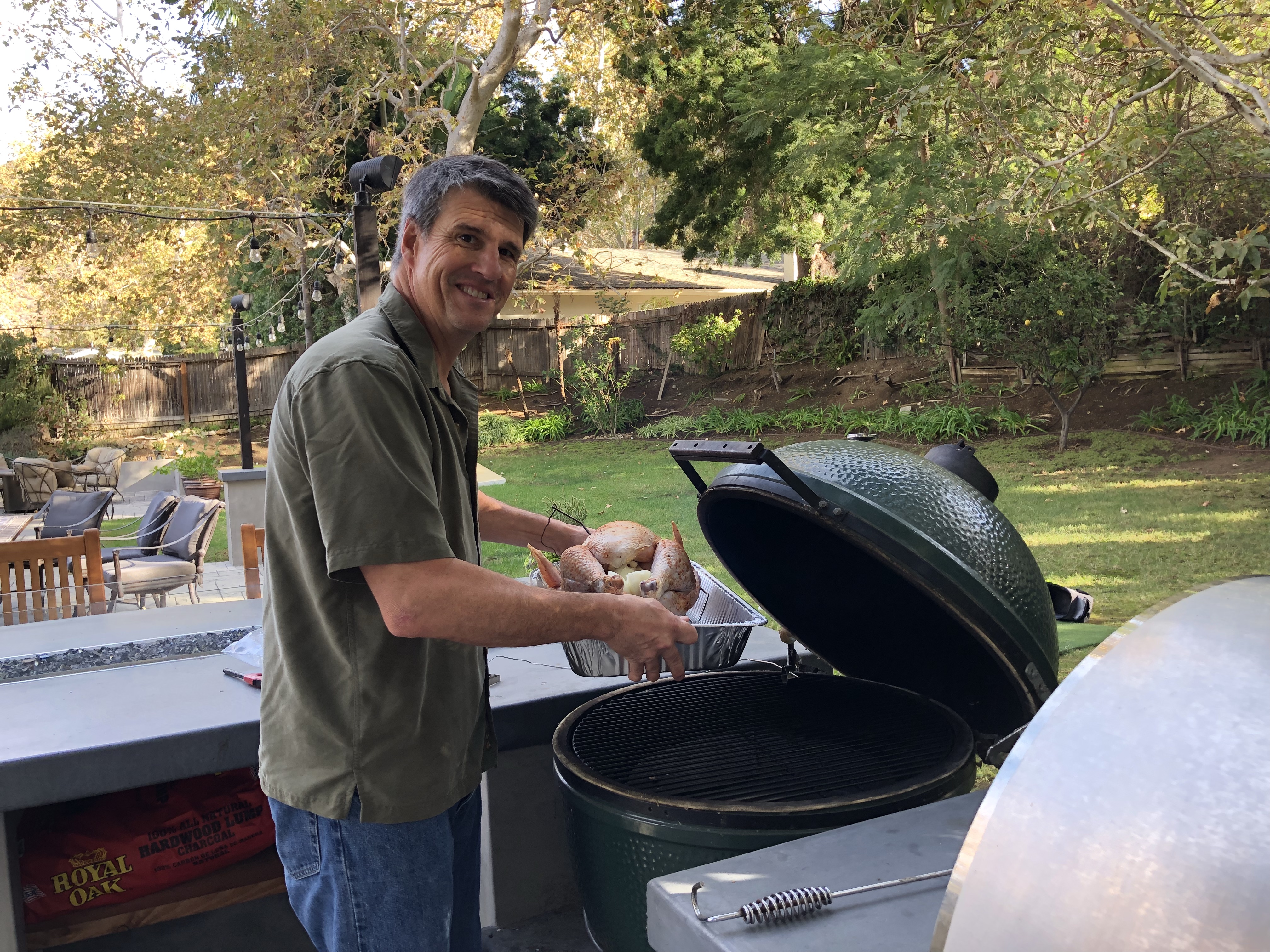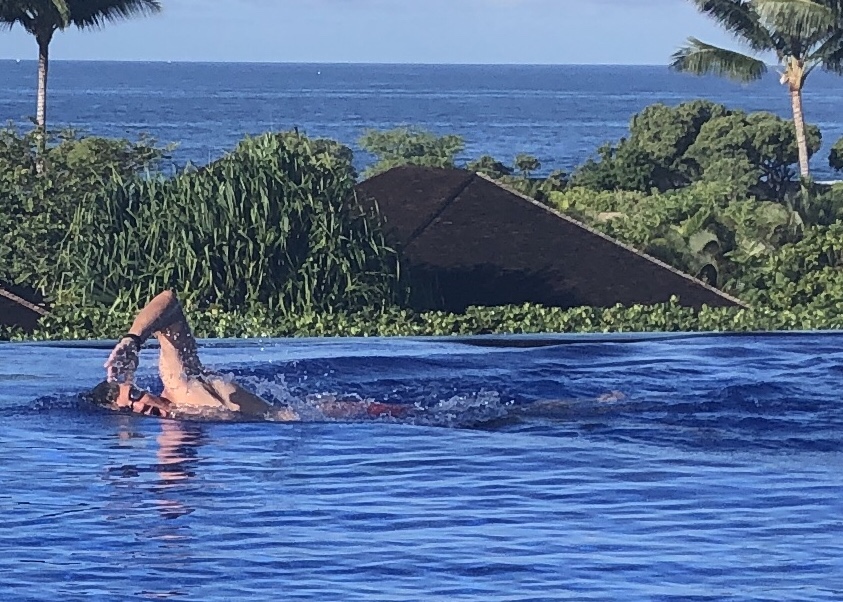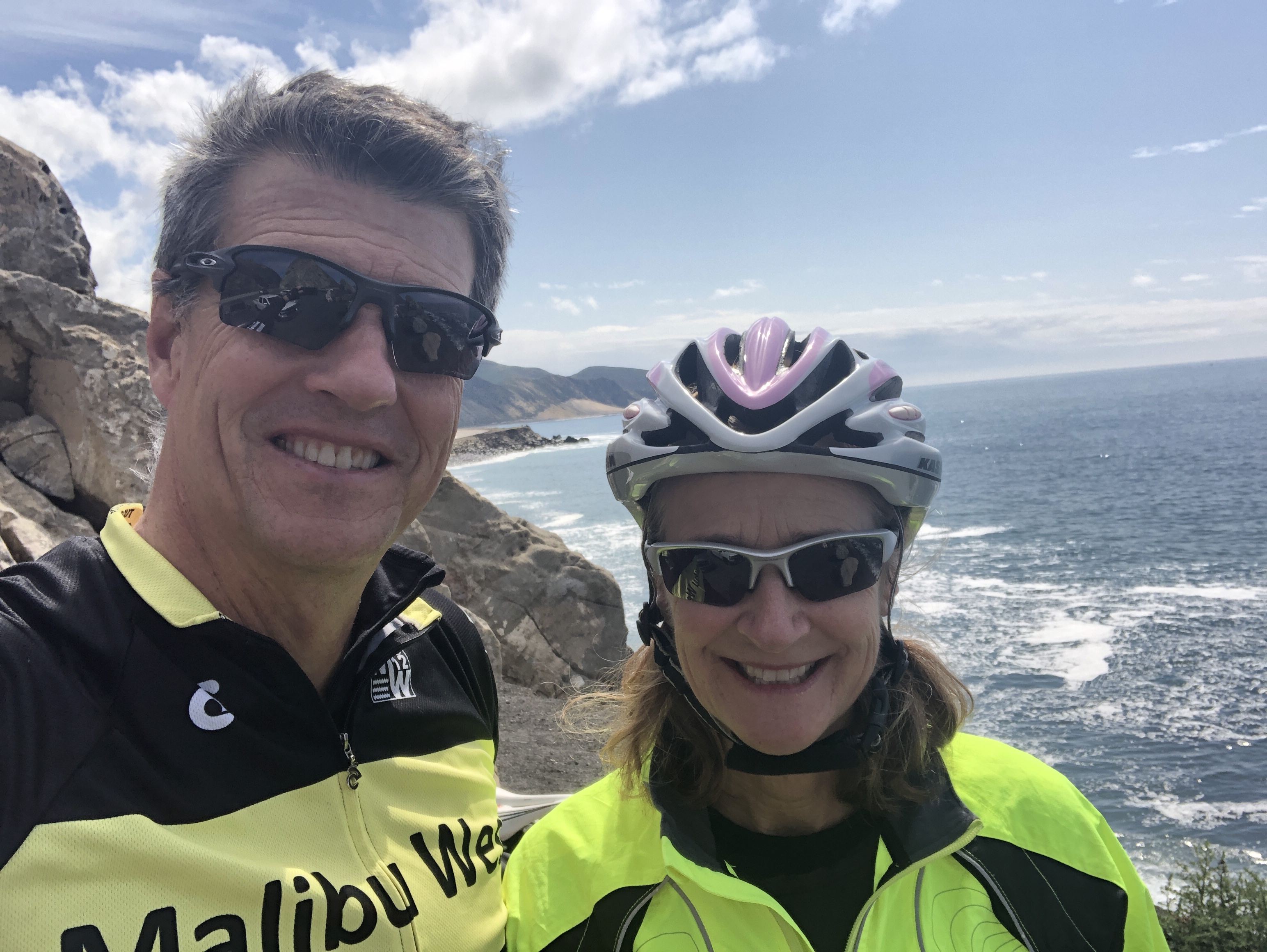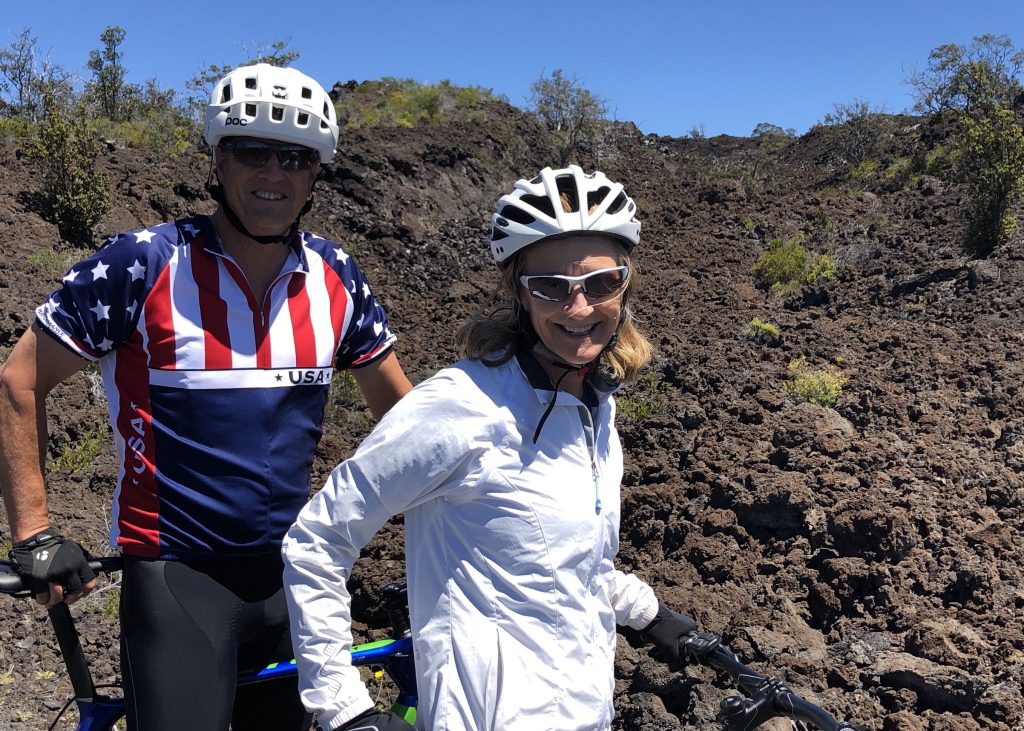April 10, 2020
I’m a big fan of reading. But I have found that reading various news feeds on my iPad, computer or iPhone, while informative, does absolutely nothing to calm my soul. In fact, as I get pulled into the various rabbit holes courtesy of social media, I find myself actually feeling more stress – it’s not relaxing! But books – that’s a whole other matter. Books I can get lost in. And sometimes, especially in times like these, it’s nice to get lost.
I remember when I got my first iPad back in 2010. I downloaded the Kindle app, and I was re-reading one of my favorite books, The Power of Now, by Eckhart Tolle. I remember coming across a passage describing the concept of “flow.” I looked up the concept using the web browser on the iPad, and saw that the book most people referred to about flow was Mihaly Czikszentmihalyi’s Flow: The Psychology of Optimal Experience. So, I bought it right then and there, read it, then came back to The Power of Now. I felt like I was living inside of a library, but I never had to leave my house. Besides the fact that the books weren’t free like they are in our marvelous public libraries, it was amazing!
I remember back in college I had a job doing research for Dr. Alexander George, one of the preeminent Soviet Union scholars in the world. He would ask me to get books from the Hoover Library, which was a giant tower located at the heart of the campus, filled with papers and books. For a lowlife student like me, there was no wandering of the halls in the Hoover Library. You went in, politely requested the book from the people on the bottom floor, and came back later to pick it up. Just 26 years later, the Kindle was changing all of that, where the even most obscure books are usually at our fingertips. Amazing.
Anyway, back to flow. Czikszentmihalyi (click here to see how to pronounce) wrote, “I developed a theory of optimal experience based on the concept of flow—the state in which people are so involved in an activity that nothing else seems to matter; the experience itself is so enjoyable that people will do it even at great cost, for the sheer sake of doing it.” What a concept. He believes that humans are highly distractible as a modern species. “Contrary to what we tend to assume, the normal state of the mind is chaos.” As someone who can be distracted (squirrel!), it feels good that I’m maybe not that different from most people. Czikszentmihalyi believes that flow is not easily achieved. “Anyone who has experienced flow knows that the deep enjoyment it provides requires an equal degree of disciplined concentration.” If you’d rather hear him than read the book, he gave a great Ted Talk where he goes into detail about the kinds of experiences that can create flow for different individuals. These intrinsically rewarding flow experiences present a high level of challenge, for which we must have the requisite level of skill. It’s yet another Ted Talk worth listening to.
My friend Ali from Beach Cities Health District (BCHD) was one of the first subscribers to this blog feed. She recently suggested that one of my next blogs should be on this concept of flow. I spoke about flow at a BCHD event, and she and I have had many conversations about it since then. We do a lot of work together on how we can promote happier, less stressed, and more fulfilled students and adults in our community. That work, and the concept of flow seem particularly relevant now, in a time when chaos seems to be all around us.
There is a big difference between downtime and flow. Downtime is time spent tuning out, pulling back, or turning off. There’s nothing wrong with downtime! Highly enjoyable downtime for me is time spent watching sports on TV, watching West Wing or Ugly Delicious on Netflix, playing Catan, Cribbage or Mah Johngg with Jill, or other casual events that are highly enjoyable, but require neither advanced skills nor full concentration. My mind can wander during these downtime activities, and sometimes I even multi-task (don’t tell Jill!).
But to achieve flow, you have to concentrate. You have to focus. It is temporary and can be fleeting. I think a lot about my pursuit of experiences where I can achieve flow. All of us have different ways of getting there. Other than reading, which I described above, here are some of my favorite flow-inspiring activities:
- Problem solving. Anything at work where I am truly problem-solving can get me into a state of flow. This can be researching on my own, but more often it is putting heads together (or these days, Zooming together) with my colleagues, spending time fully devoted to moving towards a solution.
- I still love teaching. I occasionally teach graduate level courses as an adjunct professor with Cal State Long Beach. I will walk into a 6 PM course that will last over three hours, saying to myself, “Why did I ever agree to do this? I’m exhausted, I want to get home, and I have a zillion things that need to get done.” When I walk out at 9:30, I am saying to myself, “That was spectacular! I loved every minute, I’m energized, and I can’t believe the time flew that quickly!” That is flow.
- I lose myself in cooking whenever I can. I cook for my family, and I have catered for over 100. I cook in my indoor kitchen and my outdoor kitchen. I love learning and talking about cooking with friends who are amazing cooks, and time flies when I’m in the kitchen. I keep my recipes on a website to share with friends and family. Cooking is not downtime. It requires concentration, planning, organization, and (bonus) it can be done well with a glass of wine in your hand.

Getting ready to smoke a turkey on the Big Green Egg!
- Three days a week at 5:30 AM (maybe 5:33), I jump into the beautiful LMU pool and swim hard for one hour alongside swimmers who swim at a similar pace to me. Coach Bonnie or Clay gives us organized workouts and push us. When I swim on my own, I’ll swim 1500 yards at a decent pace and get out. My mind is wandering and I enjoy it, but it’s not flow. When I’m coached, I swim at least two miles, I am pushed to move faster, and I’m competing with Wayne, Cat, Karl, Nader, Kelly, Shauna, or whomever is in the lane next to me. While we swim, there is no time to let my mind wander. This is a battle. There is strategy. There are winners and losers. And when it’s over or between swims, there’s good natured banter to be had. I love it, and in normal times, I lose myself in it for one hour three days a week.

OK – So this was from a pool in Hawaii – Not LMU. A-flow-ha!
Flow sometimes comes in many other forms for me – bicycling, golf, hiking, playing music, and – I hate to admit it – in channeling Marie Kondo and decluttering my life. I do love those activities, but I’m not as skilled in them as I am cooking and swimming, so the state of flow can be a little more difficult to attain.
One of the most difficult things for me in this COVID-19 time is that many of my favorite flow-inducing activities are now unavailable. Channeling Adam Ant, “Can’t swim, can’t golf, what do you do?” Well, I’m biking more, cooking A LOT (though only for my family), and, in this very new and still mostly unknown world of distance learning, doing a whole lot of problem-solving at work.

Jill and I biking the Malibu Coast last weekend.
The state of flow is worth seeking every day, or at least several times a week. Sometimes, we think we are too tired to do the work, but the reward is worth it. We can’t spend our lives in it, but we can make the effort to make sure it is a part of our lives. The key is finding a few experiences that you love, and committing to improving and becoming skilled enough to perform at flow-attaining levels. Regularly experiencing life where you are so immersed in what you are doing that time ceases to exist is a spectacular way to relieve stress and feel like we are making the most of our brief time on this planet.
Go for it.

Mike, I love this! Thanks for sharing!!
Bill